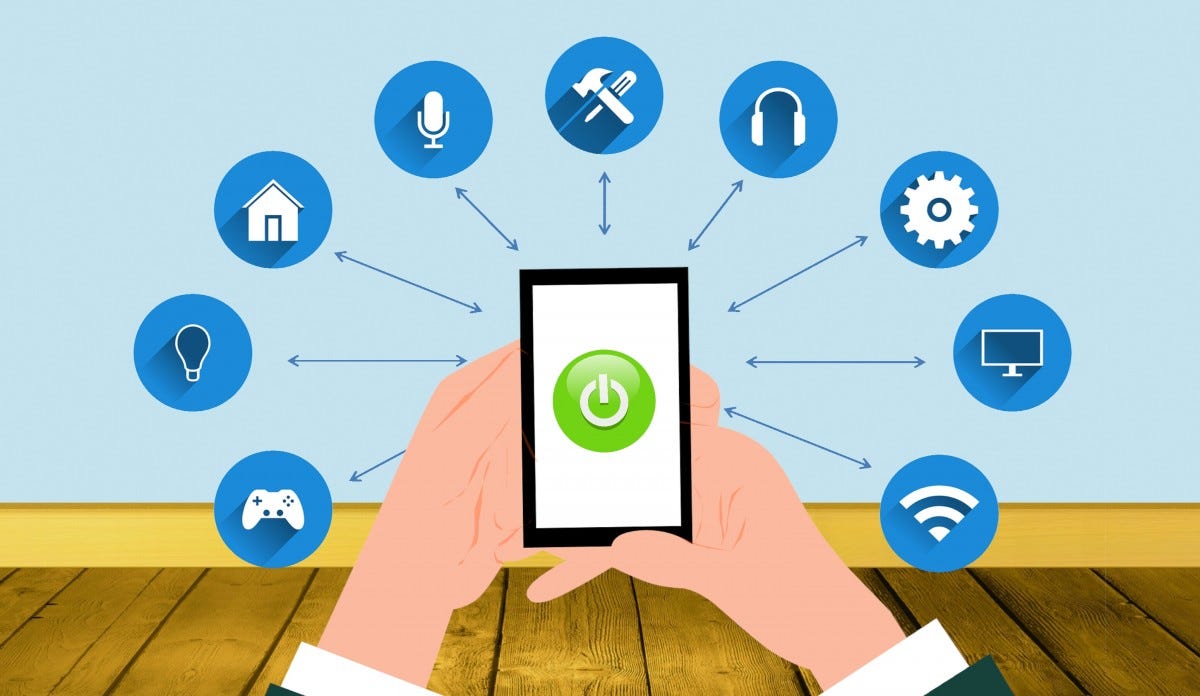Shop At Haya: Your Ultimate Shopping Guide
Discover the best shopping tips, trends, and deals for a smarter buying experience.
Smart Homes or Smart Prisons? The Thin Line of Home Automation
Discover whether smart home tech offers convenience or creates a trap. Explore the fine line between innovation and invasion!
What Are the Ethical Implications of Smart Home Technology?
The rise of smart home technology has revolutionized the way we interact with our living spaces, from voice-activated assistants to automated thermostats. However, these advancements raise significant ethical implications that warrant careful consideration. One of the foremost concerns is privacy; with devices continuously collecting data about our habits and routines, the potential for misuse of this information increases. Homeowners must grapple with the reality that their intimate activities may be surveilled or sold without their consent, leading to questions about data ownership and control.
Another critical ethical implication is the issue of security. Smart home devices can be vulnerable to hacking, which could expose sensitive personal information or compromise the safety of the household. Additionally, the accessibility of these technologies raises concerns regarding inequality; not everyone can afford smart home systems, potentially widening the gap between different socio-economic groups. As we embrace the convenience of smart homes, it is essential to engage in conversations about these ethical challenges and advocate for responsible implementation to ensure that technology serves all members of society fairly.

Smart Homes vs. Smart Prisons: Where Do We Draw the Line?
As technology advances, the concept of smart homes has become increasingly popular, enabling families to enhance their living environments with automated systems that improve convenience, security, and energy efficiency. These systems often include smart lighting, climate control, and security cameras that provide homeowners with real-time data and the capability to manage their homes remotely. However, this rise of smart technology raises important questions about privacy and freedom. Are we, as residents of these smart homes, sacrificing too much of our personal autonomy in exchange for comfort and control?
Conversely, the implementation of technology in smart prisons raises even more profound ethical dilemmas. While the goal might be to enhance safety and manage inmates more effectively, these systems often blur the lines between rehabilitation and surveillance. The use of advanced monitoring techniques, biometric data, and behavioral tracking in smart prisons can lead to a dehumanizing experience for inmates, reminiscent of a dystopian future. As we see the continued integration of technology in both our homes and correctional facilities, we must critically analyze where we draw the line between innovation and infringement on personal freedoms.
How Home Automation Can Enhance Security Without Invading Privacy?
Home automation systems have revolutionized the way we think about security, providing features that enhance our safety without compromising our privacy. By integrating smart devices such as security cameras, motion sensors, and smart locks, homeowners can monitor their property in real-time. These systems allow for customization, such as setting up alerts for unusual activity, which means you can trust technology to keep an eye on your home without the need for intrusive surveillance. For example, instead of recording continuously, modern smart cameras can be programmed to only activate when motion is detected, thus minimizing data collection and protecting your privacy.
Moreover, home automation is designed with user privacy in mind, utilizing encryption and secure data practices to protect your personal information. Smart devices can also be programmed to maintain a routine that simulates human activity, such as turning lights on and off at different times to create the illusion of occupancy. This not only deters potential intruders but also respects your personal space. In essence, the balance between enhanced security and maintained privacy is achieved through intelligent design and thoughtful implementation of home automation technology.